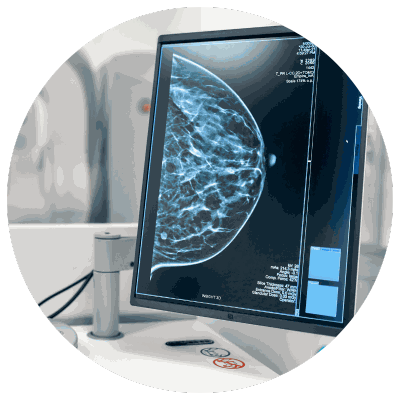Vital information on the function of mitochondria in cancer cells could lead to new approaches in cancer treatment
April 20, 2023 | Histopathology
Although scientists have known mitochondria’s role in the metabolism and energy production of cancer cells. However, on the level of whole tumors, only little data is available with regards to the relationship between mitochondrial networks' structural organization and their functional bioenergetic activity.
The findings of this study and the mutli-modality approach promises the development of effective anti-cancer treatment strategies that target tumor-specific nutrients preferences, especially lung cancers.
Back To Top

